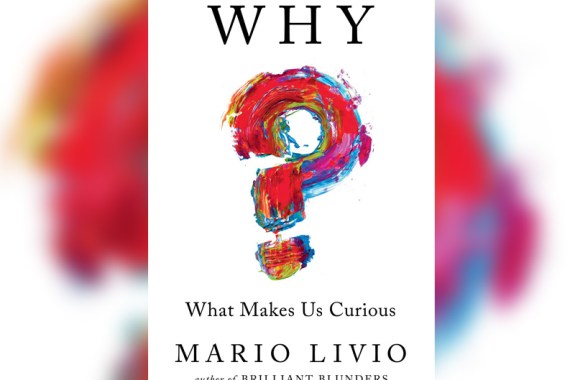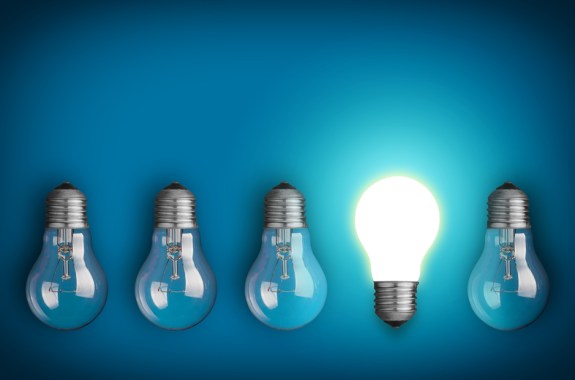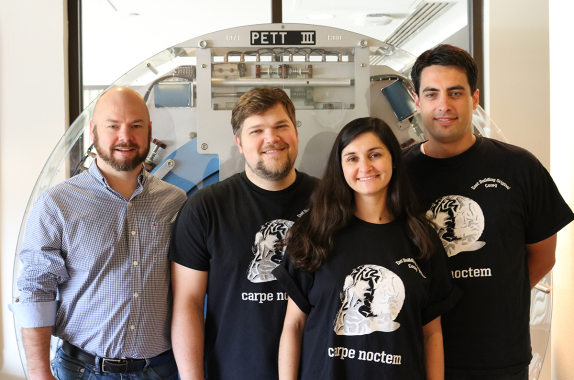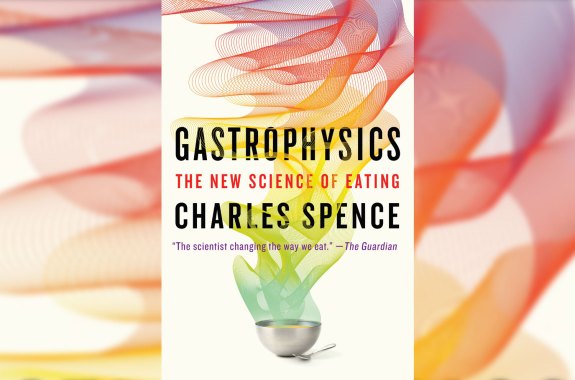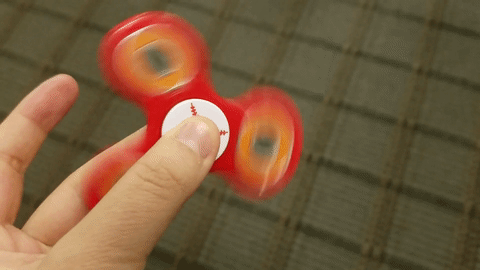10:46
Oh, Really? How Our Brain Turns Pitch Into Meaning
Researchers mapped the neurons that pick up on pitch in spoken language.
The Curious Case Of…Curiosity
From child development to cognition, author and astrophysicist Mario Livio contemplates how we can shift our focus back on curiosity.
24:28
Probing Humanity’s Endless ‘Why?’
Curiosity drives much of our learning and creativity. Where do we get it from, and how does it change our brains?
Hitting The Empathy Gym With Alan Alda
Empathy is key to communicating science. Coach Alda is here to help you hit your reps.
8:36
The Midnight Scan Club
Researchers become subjects in an after hours experiment that looks at what makes us different.
11:52
More Comprehensive Patient Care Can Slow Symptoms Of Alzheimer’s
A care program that included medication coupled with caregiver education, home assessments, and personalized patient training slowed the progression of Alzheimer’s disease symptoms much more than medication alone.
Can You Taste The Color?
How does hue alter flavor? Experimental psychologist Charles Spence gives us a tour of our tastebuds.
27:36
Season Your Meal With All Five Senses
From the plate color you pick to the dinner music you choose, you can enhance the flavor of your food without changing the recipe.
4:20
Can You Fidget Away Your Anxiety?
Fidget spinners and other widgets can help you focus, but they can also distract.
7:06
Magnus Hirschfeld, The ‘Einstein Of Sex’
The pioneering sex researcher’s goal was to prove homosexuality was rooted in biology. But his ideas fell into the wrong hands.

